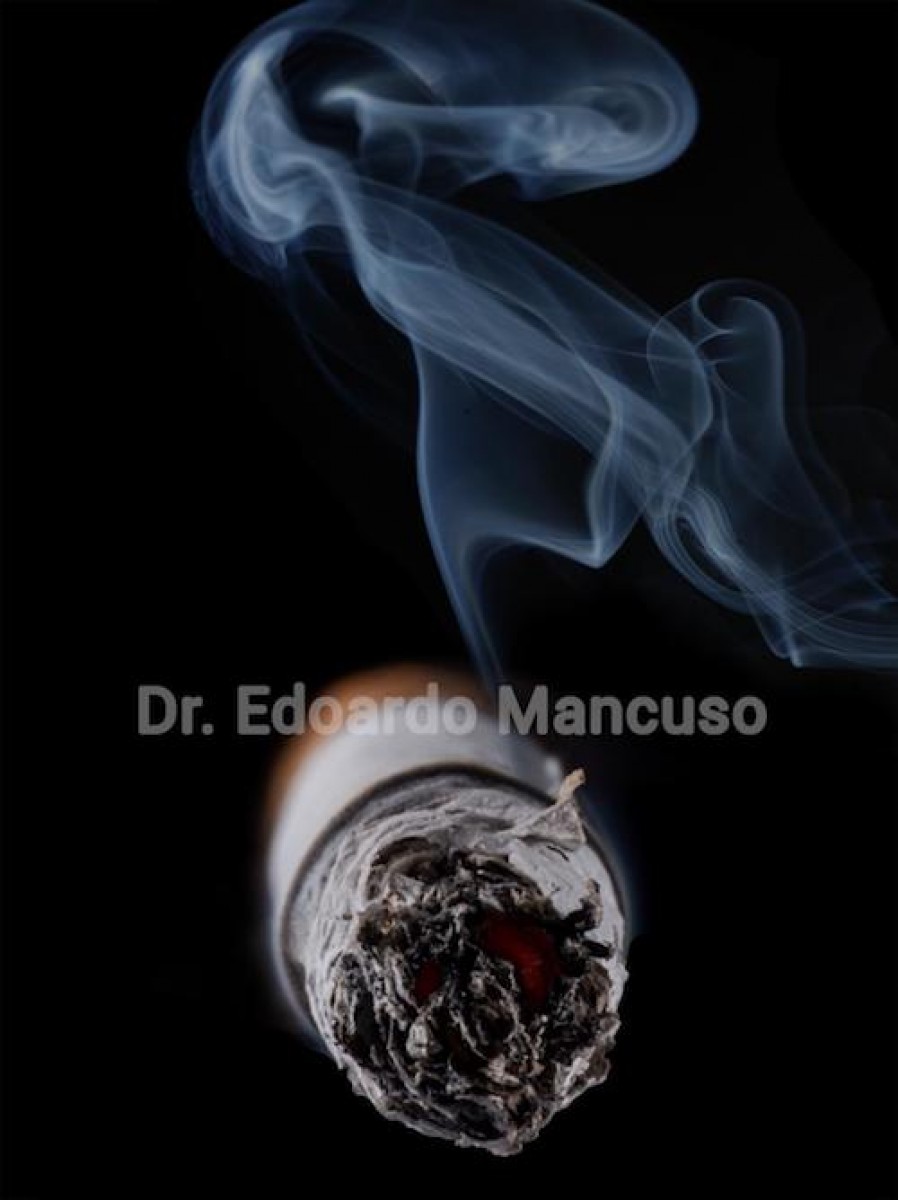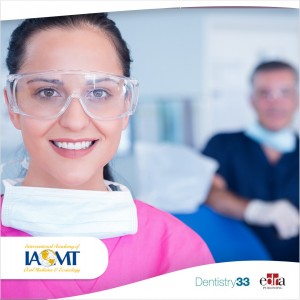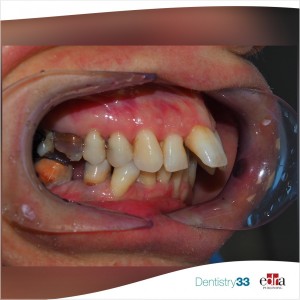
Substances of abuse and periodontal health in 2020
Edoardo Mancuso
Today, it is widely accepted that the most common and important diseases of the oral cavity (gingivitis and periodontitis, dental caries and oral cancer) are preventable. Although there is no question that specific groups of oral bacteria that populate dental plaque play a causative role in the development of periodontitis, other factors might be equally, if not more, significant in the progression of periodontitis. Among these factors, one might be controlled or even stopped: the use of addictive substances.
A review written by Dr. Kumar and published in the summer of 2020 on Periodontology 2000, expands on the idea of considering prevention of periodontal diseases in individuals engaged in the practice of substance abuse. The author of the review writes that interventions to prevent, reduce, or cease exposure to these substances are as important as professional oral prophylaxis and appropriate home care in preventing periodontal disease.
In the article, different substances, such us tobacco, alcohol and drugs are examined in relation with their connection to the increased risk of periodontal disease. Tobacco smoking, especially in the form of cigarettes, among all other substances, has indeed been convincingly demonstrated to serve as one of the most important external risk factors for periodontitis. Combustion of the cigarette not only generates carbon monoxide, but also over 5000 products, many of which are known to have disastrous health effects.
The article clarifies that, smoking affects both the microbial ecosystem as well as innate and adaptive immunoregulatory pathways. This, along with other events, such as decrease in oxygen tension, increase in pro-oxidant radicals and changes in pH, contribute to increases in pathogens and their critical virulence mechanisms.
Smoking also downgrades the protective role of the innate immune system by impairing neutrophil chemotaxis and phagocytosis decreasing the humoral response. Additionally, cigarette smoke directly activates epithelial cells, leading to the release of chemokines and proinflammatory cytokines; Dr. Kumar suggests that in the presence of sustained smoking, oral prophylaxis, and surgical and nonsurgical therapies do little to reverse the virulence of the microbiome established, reduce the antigenic burden, or reverse the damage caused by the disease.
The review also deepens the topic on Electronic Cigarettes citing some in vitro research. In these, it has been demonstrated that electronic cigarette vapor causes a detrimental effect on epithelial and fibroblast viability, DNA damage and an acceleration of cellular aging. The new habit of vaping or smoking electronic cigarettes presents an as of yet predominately unexplored environmental risk factor that can also negatively impact the periodontium.
Dentists can play, in this matter, an important role in encouraging patients not to smoke, or to convince present smokers to quit, having the potential to help patients towards better health and oral health.
The second part of the article is indeed focused on how dentists should intervene for preventive and cessation of substances of abuse. Tobacco-use interventions suggested in the review include behavioral modification, pharmacotherapy, and non-pharmacologic methods. Intervention is one of many ways to prevent periodontal disease, especially in individuals with a high exposure to tobacco, alcohol and drugs. The review suggests there is substantial evidence that advice from physicians or individual counseling, are the most effective methods to change behaviors such as smoking.
Substance abuse today affects more than one sixth of the world's population, and the nature of the abuse and the type of addictive substance available to individuals is increasing exponentially in the latest years. In this regard the article concludes that all of these substances with abusive potential impact both the human immuno-inflammatory system and oral microbial communities.
Evidence strongly supports the efficacy of professionally delivered cessation counseling. Dentists, dental therapists, and dental hygienists are ideally placed to deliver these messages, and to spearhead efforts to provide behavioral and pharmacologic support for cessation.
For additional information: Interventions to prevent periodontal disease in tobacco‐, alcohol‐, and drug‐dependent individuals
 Related articles
Related articles
Webinar 29 September 2022
The International Academy of Oral Medicine and Toxicology recently launched an eLearning course to provide accreditation in biological dental hygiene.
Orthodontics 05 September 2022
Effect of orthodontic treatment on periodontal health of periodontally compromised patients
An increasing number of adult patients are now seeking orthodontic treatment due to an increased focus of society on esthetics and health consciousness. With the incidence of periodontal problems...
Oral Hygiene & Prevention 17 June 2022
Effect of lingual piercing on periodontal and peri-implant health
The exact global prevalence of oral piercings is still not clear; however, according to Hennequin-Hoenderdos et al. 2012 the prevalence of peri and intraoral piercings is 5.2% in the general...
Orthodontics 20 May 2022
Orthodontic treatment and periodontally compromised patients: effects of the treatment
An increasing number of adult patients are now seeking orthodontic treatment due to an increased focus of society on esthetics and health consciousness. With the incidence of periodontal problems...
As life expectancy continues, an increase in periodontal disease is also expected. In old patients, the concept of shortened or reduced dental arch (SDA) could offer options for solving these...
 Read more
Read more
Restorative dentistry 13 February 2026
Integrating Laser Technology with CAD/CAM for Advanced Smile Design in Dentistry
This study aimed to evaluate the effectiveness of integrating laser treatment with CAD/CAM systems in restoring dental function and aesthetics in a 35-year-old male patient suffering from bruxism.
Editorials 13 February 2026
The SRG is UFCD’s student‑run chapter of the American Association for Dental, Oral and Craniofacial Research, or AADOCR.
Products 13 February 2026
Parkview Dental, a leading Dental Support Organization committed to providing comprehensive management services to dental practices, announced the appointment of Lisa Burris as its new Director of...
News 13 February 2026
DentaQuest, part of Sun Life U.S., recently announced the appointment of Dr. Ronke Ogunbameru as dental director for Texas, where the organization covers more than 1.4 million Medicaid and CHIP...
News 13 February 2026
Unlock CE Credits by Reading One Move Makes All the Difference
Dental professionals can now earn 4 hours of continuing education credit by reading One Move Makes All the Difference by Martin R. Mendelson, DDS, FIADFE, CPC. Dr. Mendelson and Metamorphosis...






.jpg)








